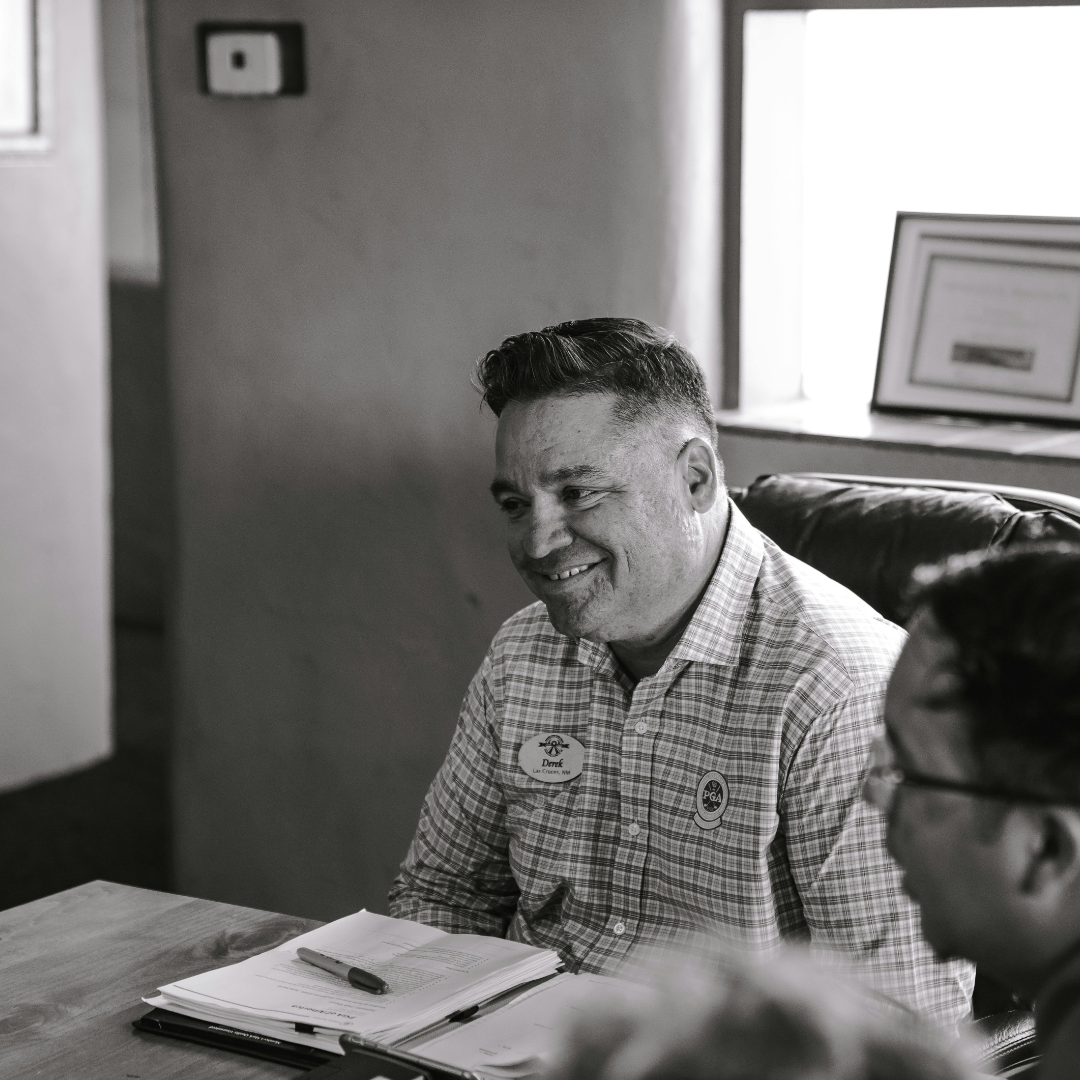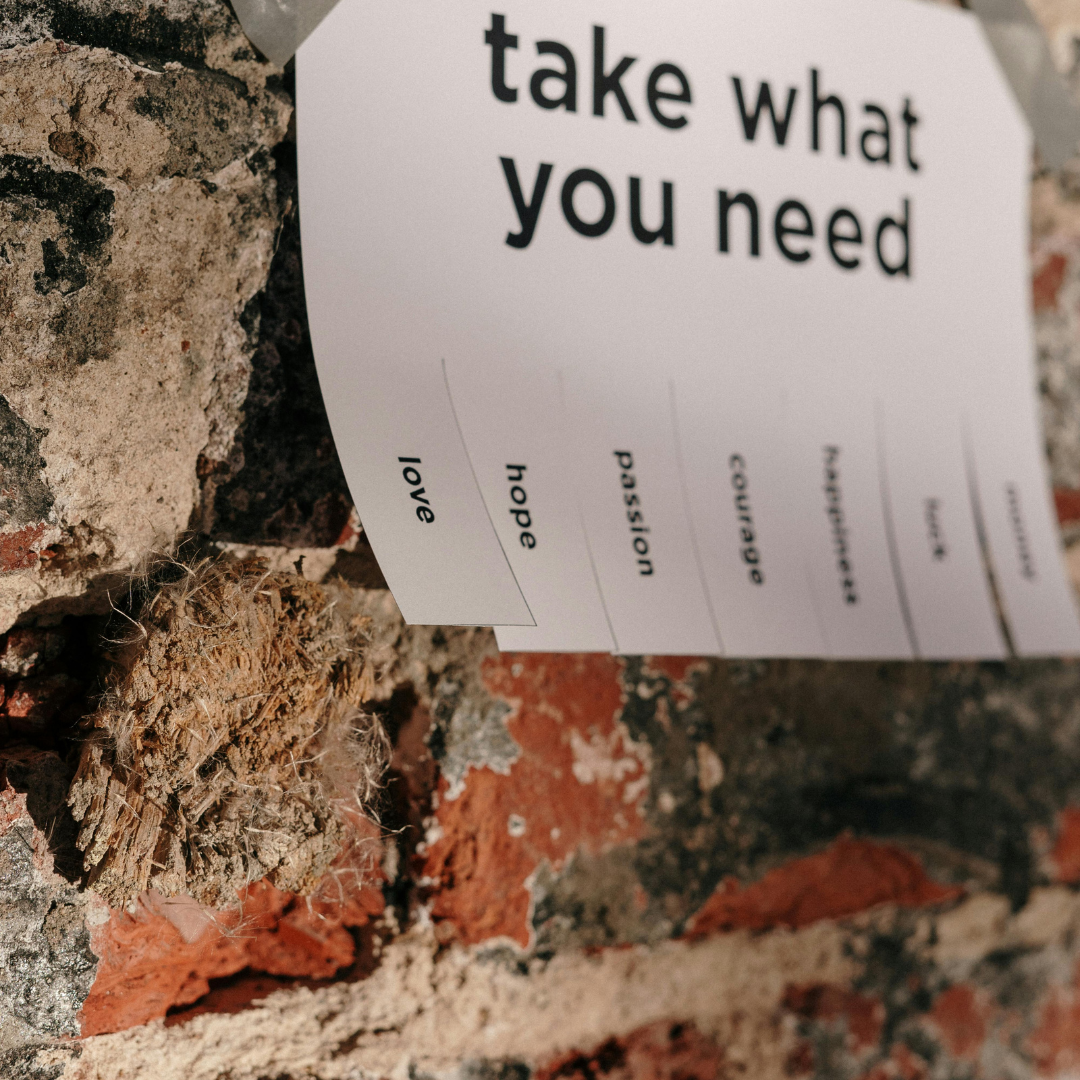Rebuilding Social Circles After Sobriety

Recovery from addiction is a journey that not only involves breaking free from substance dependence but also rebuilding the social connections that may have been lost or strained along the way. This process of reconnecting and fostering healthy relationships is critical for long-term sobriety and can provide a powerful foundation of support. Rebuilding social circles after sobriety is a gradual, intentional process that emphasizes forming meaningful, positive connections and finding people who support your journey. Here’s a look at how to approach this process with insight and confidence.
- Understanding the Role of Social Circles in Recovery
Healthy social connections are a vital part of the human experience, offering companionship, emotional support, and motivation. For individuals in recovery, social circles are more than just friendships—they are lifelines. Supportive people can encourage healthy choices, help navigate challenges, and provide understanding when temptations or difficult times arise. Conversely, negative influences and unhealthy relationships can hinder progress or even trigger a relapse.
In many cases, people struggling with addiction find that their previous social groups or friends might have enabled their behavior, and some friendships may not survive the transition to a sober lifestyle. While letting go of certain connections may be difficult, it opens the door to relationships that align with the goals of sobriety and wellness.
- Letting Go of Unhealthy Relationships
The first step in rebuilding your social circle is to assess your current relationships and identify which ones truly support your well-being. Often, this means cutting ties with friends who continue to engage in risky behaviors, such as drinking or using drugs, or who may be unsupportive of your recovery journey.
Ending these relationships doesn’t have to be confrontational. You can take gradual steps to distance yourself, such as attending fewer social gatherings or having honest conversations about why you’re making these changes. Although it can be challenging, creating boundaries is crucial to your progress and mental health. The space left behind by these connections will make room for more supportive, positive relationships that can help you grow.
- Finding New Social Circles
Once you’ve identified and let go of toxic influences, it’s time to seek out new relationships that align with your lifestyle. Here are a few avenues to explore:
- Support Groups and Recovery Communities: Many individuals in recovery find a sense of community in support groups, such as Alcoholics Anonymous (AA), Narcotics Anonymous (NA), rehab alumni groups, or other peer-led recovery communities. These groups offer understanding, accountability, and a shared experience, which can make building new friendships feel natural and less intimidating.
- Volunteer Work: Volunteering is a powerful way to meet people who share your values and desire to give back. It can provide a renewed sense of purpose and the chance to connect with individuals who are kind-hearted and supportive.
- Hobbies and Classes: Finding new interests or revisiting old ones can be an enjoyable way to meet like-minded people in a low-pressure environment. Community centers, fitness classes, art workshops, and other group activities can help you establish connections that don’t revolve around substances.
- Sober Social Events: Look for events that are explicitly sober, such as sober dances, movie nights, or group outings. These gatherings can offer a social outlet where you can enjoy yourself and meet others who are also committed to a healthy, substance-free lifestyle.
- Building Trust and Establishing Boundaries
As you cultivate new relationships, trust and boundaries become essential. After years of addiction, many people in recovery feel wary about letting others in, worried about being judged or misunderstood. Building trust takes time and requires open, honest communication. Here are some tips:
- Start Slow: Let relationships develop gradually. There’s no need to rush into close friendships. Take time to understand each person’s character and whether they respect your boundaries and choices.
- Be Open About Your Sobriety: Although it may feel intimidating, being upfront about your commitment to sobriety helps you find people who will support and respect that decision. If a potential friend reacts negatively or dismissively, it’s a good indicator that they may not be a healthy addition to your social circle.
- Set Boundaries: Boundaries are vital in maintaining your sobriety. Clearly communicate what you’re comfortable with, such as avoiding certain situations or behaviors that could jeopardize your recovery. Respect for your boundaries is a strong sign of a supportive friendship.
- Strengthening and Maintaining Healthy Relationships
Once you’ve established a foundation of trust, the next step is nurturing these relationships. Healthy relationships are mutual and require regular effort. Here’s how to strengthen and maintain them:
- Show Support: Good relationships are reciprocal. Be there for your friends in their time of need, and show appreciation for their support. Acts of kindness and empathy can strengthen bonds and build trust.
- Practice Active Listening: Listening is one of the most valuable skills in relationships. When you listen actively, it shows that you genuinely care about the other person’s thoughts and feelings. This openness can create a safe space for mutual sharing.
- Engage in Sober Activities Together: Enjoy activities that reinforce your sober lifestyle, such as hiking, cooking classes, or even just having coffee. Over time, these shared experiences create memories that aren’t tied to substances.
- Seek Accountability: Having friends who hold you accountable can strengthen your resolve. You might arrange regular check-ins with supportive friends or agree to accompany each other to meetings or recovery-oriented events.
- Embracing Self-Care and Independence
While social connections are important, so is the ability to enjoy solitude and practice self-care. Being comfortable on your own is an empowering part of recovery. It can help you avoid dependence on relationships for self-worth or stability. Cultivating independence and confidence can also make you a better friend by allowing you to bring positivity and resilience into relationships.
- Overcoming Common Challenges
Rebuilding social circles after sobriety isn’t always smooth sailing. You might experience setbacks, misunderstandings, or moments of loneliness. Here are a few ways to handle these challenges:
- Dealing with Relapse Triggers: You may encounter people or situations that remind you of past habits. Having a plan to exit the situation or reach out to a support person can help you stay grounded.
- Handling Rejection or Judgement: Not everyone will understand your journey. It’s important to remember that rejection or judgment often says more about the other person than about you. Seek connections with people who are empathetic and understanding.
- Navigating Social Anxiety: If you’re new to sober socializing, it’s normal to feel nervous. Start with smaller gatherings or one-on-one meetings, and gradually build up to larger events as you feel more comfortable.
- The Long-Term Benefits of a Supportive Social Circle
Building and maintaining a supportive social circle in sobriety is a powerful contributor to long-term recovery. Supportive friends and family can offer resilience during difficult times, provide a sense of purpose, and celebrate milestones with you. The positive impact of healthy relationships extends beyond the immediate benefits—they reinforce your commitment to a fulfilling, substance-free life.
Looking for a trusted rehab center near me? You’re not alone, and we’re here to help. Our comprehensive programs are designed to meet your unique needs, offering a safe and supportive environment for healing. Reach out to us today and take the first step toward lasting recovery.




